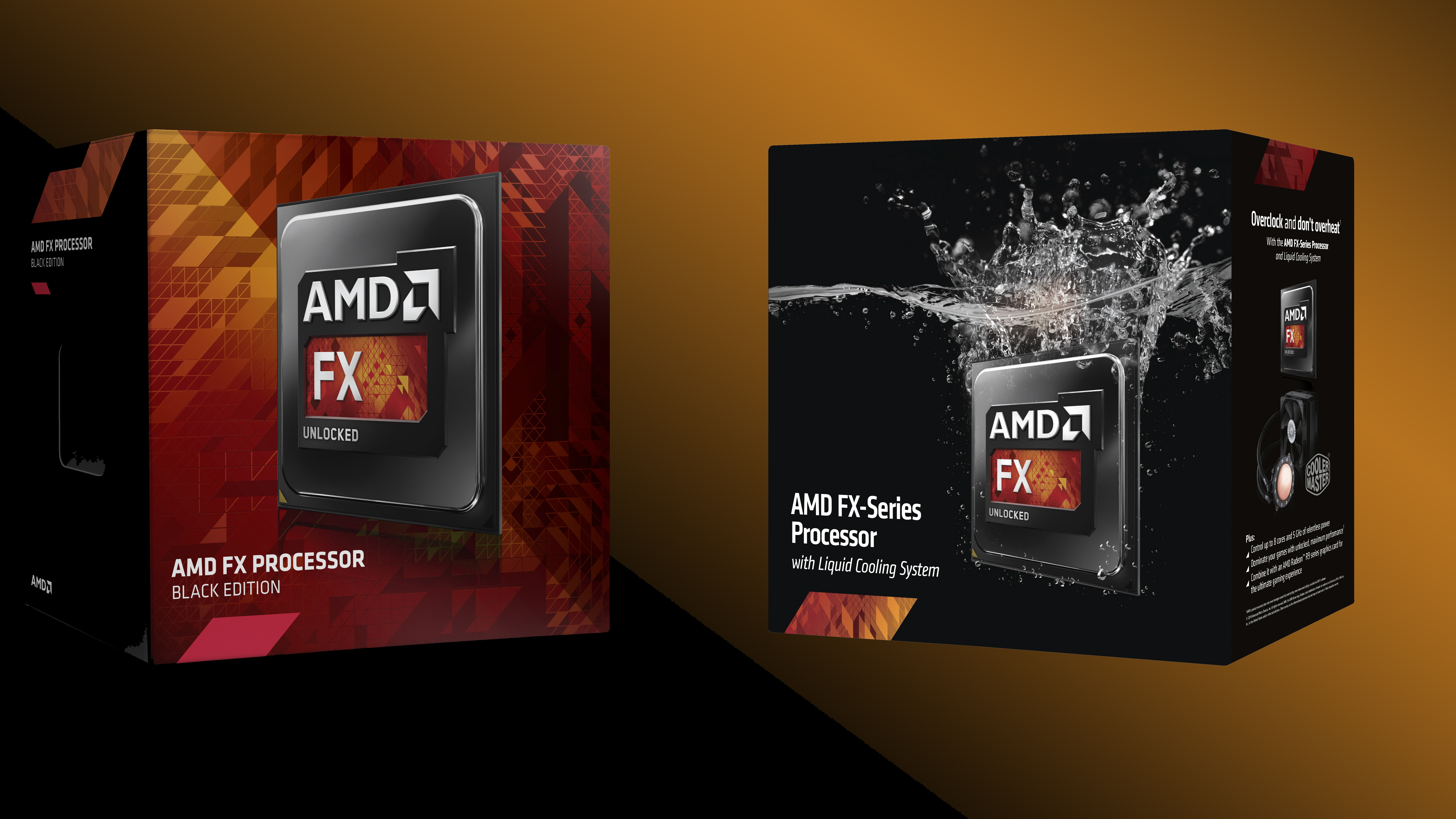AMD targeting Intel's i5 with new 95-watt 'E Series' line of processors

While rival processor purveyor Intel may have had their day in the sun introducing the latest line of i7 processors at PAX Prime, AMD today announced a class of products for a different sector of the PC audience.
Namely, it's called the E-Series and it's going to give budget-conscious PC builders a value option instead of opting for an admittedly more expensive Intel core i5.
The AMD FX-8370e and 8320e both stockpile up to eight Piledriver cores on their dies and, with some help from an R9 280x, boast some high results in games like Plants vs. Zombies Garden Warfare and upcoming Linchdom: Battlemage.
Hertz, don't it?
Piledriver, it's worth noting, is not actually the latest APU architecture - that honor is reserved for Kaveri.
Why didn't AMD make an 8 core Kaveri system instead of pushing for Piledriver? AMD Product Marketing Manager Adam Kozack told us that due to heat and die size constraints it just wouldn't be possible this time around, though it wouldn't be something we here at TechRadar would rule out for this time next year.
The 95-watt E-Series processors will come in at just under $200, with the 3.3GHz base speed 8370e retailing for $199 (about £120, AU$213) and the 3.2GHz 8320 going for $147 (about £89, AU$157).
Overclockers may be more excited to know that also en route this week is a standard, 125-watt AM3+ socket version of the 8370 that will retail for $199 (about £120, AU$213).
Sign up for breaking news, reviews, opinion, top tech deals, and more.
The E-Series and 125-watt 8370 aren't the only trick AMD has up its sleeve, though. Last year's top dog, the 4.7GHz FX-9590, is scheduled to drop down to $230 (about £138, AU$245) today as well.
- Has AMD's pricing structure added unforeseen difficulty to your PC-building plans? Check out our 2013 primer on AMD vs. Intel!

Nick Pino is Managing Editor, TV and AV for TechRadar's sister site, Tom's Guide. Previously, he was the Senior Editor of Home Entertainment at TechRadar, covering TVs, headphones, speakers, video games, VR and streaming devices. He's also written for GamesRadar+, Official Xbox Magazine, PC Gamer and other outlets over the last decade, and he has a degree in computer science he's not using if anyone wants it.